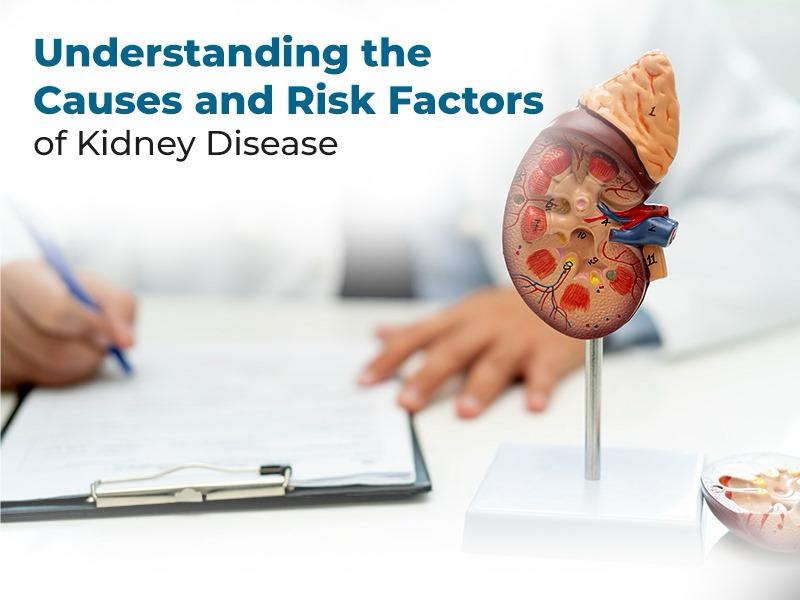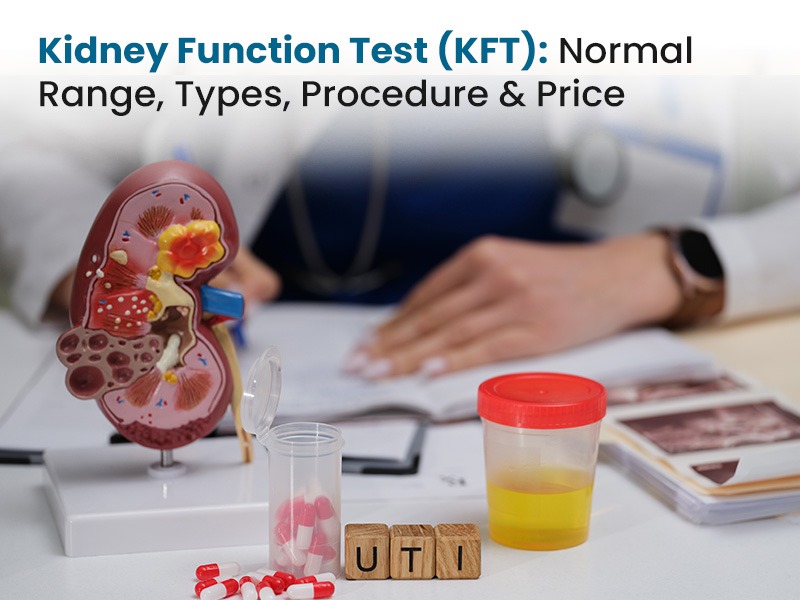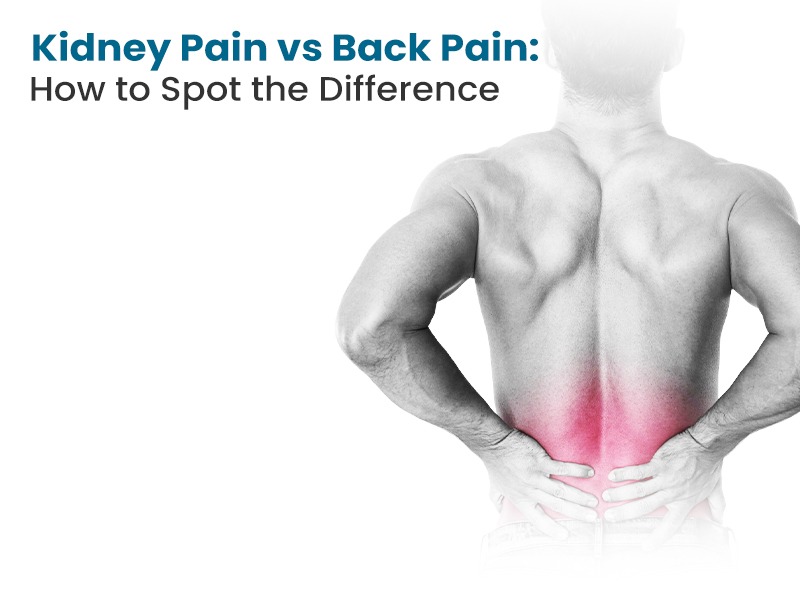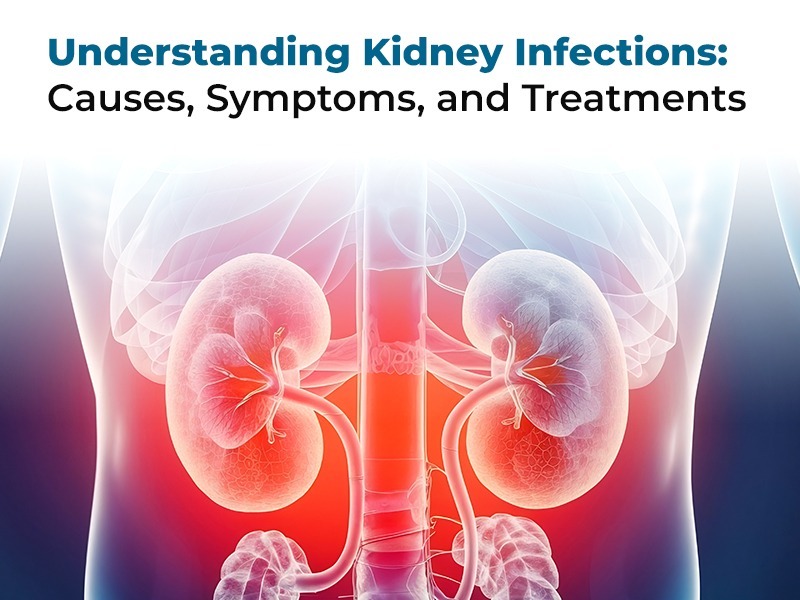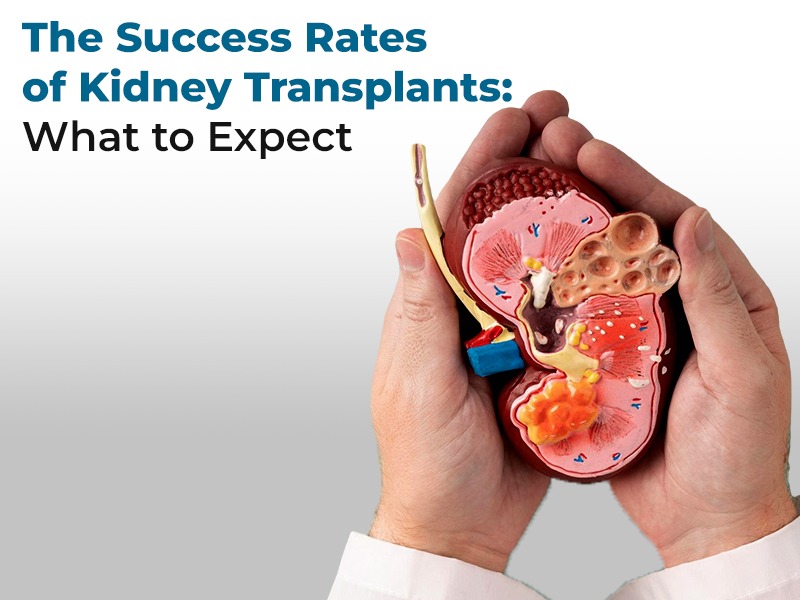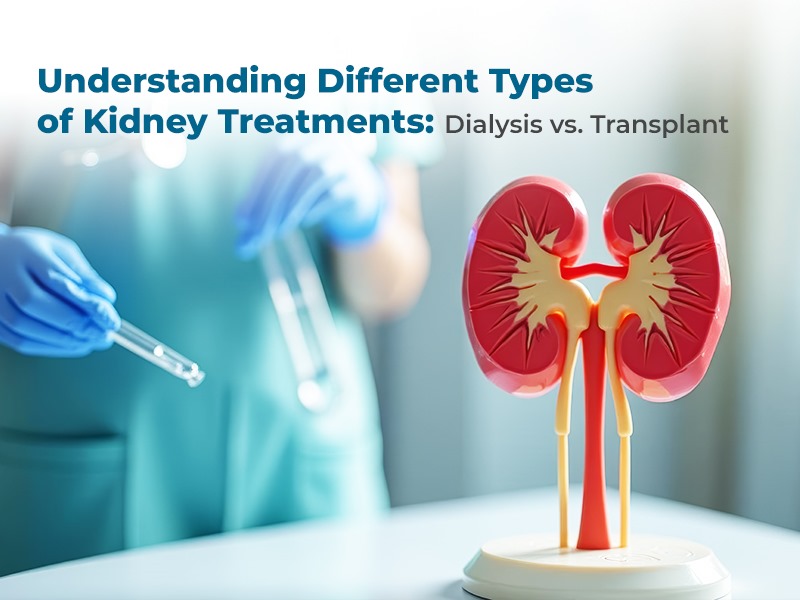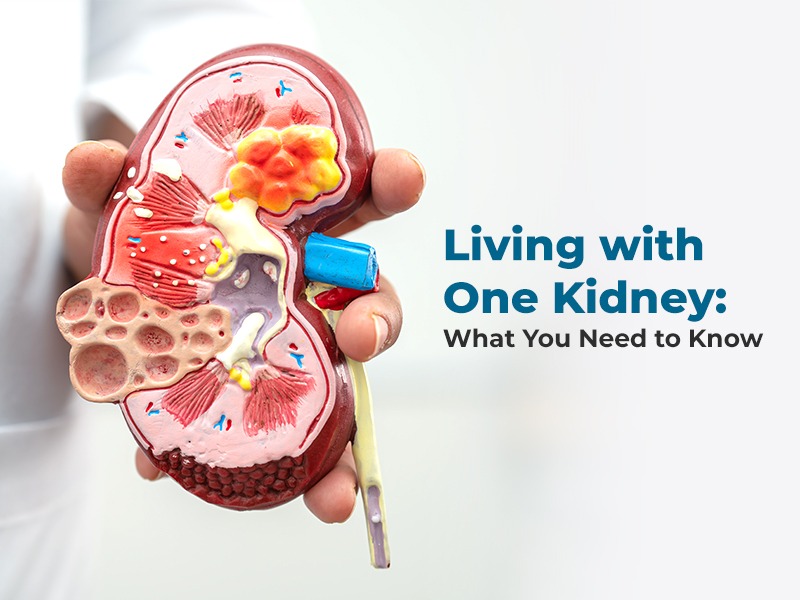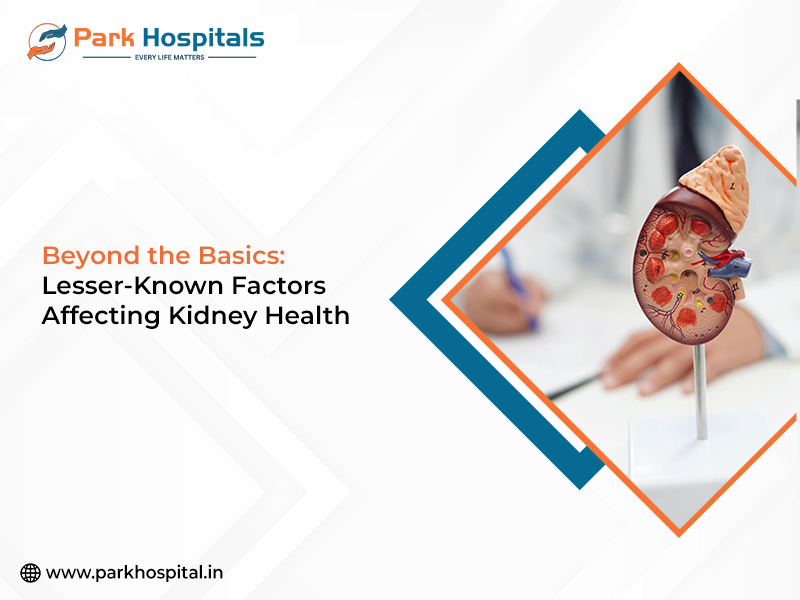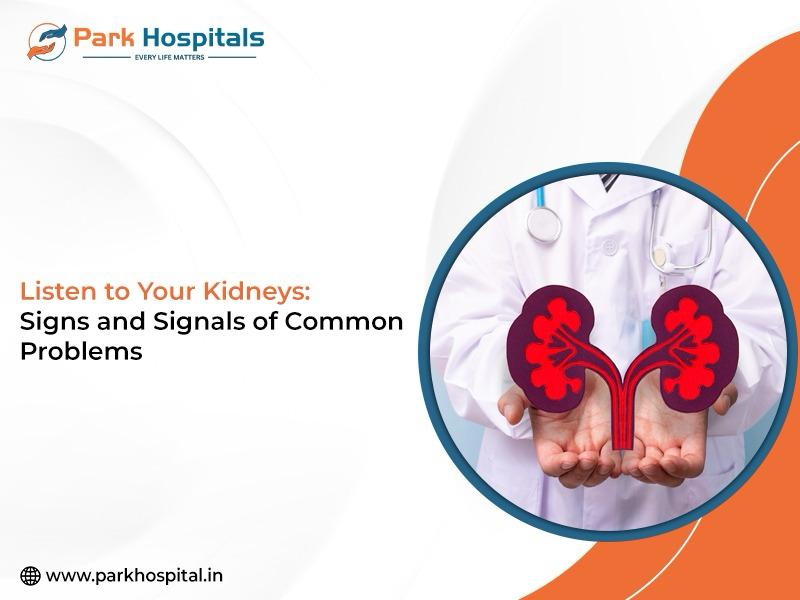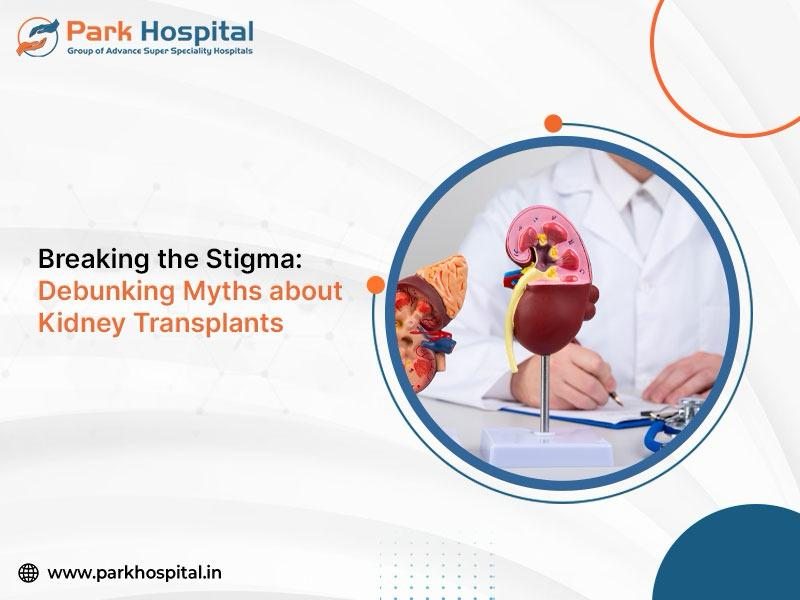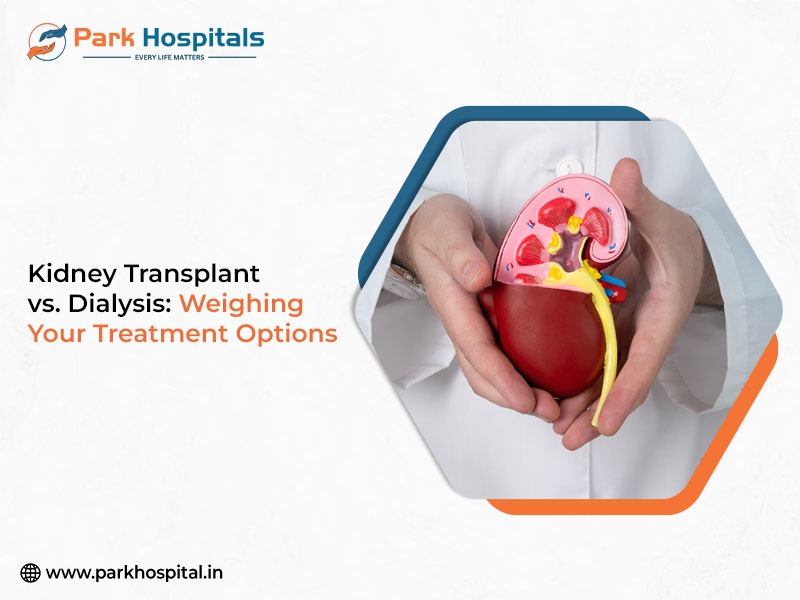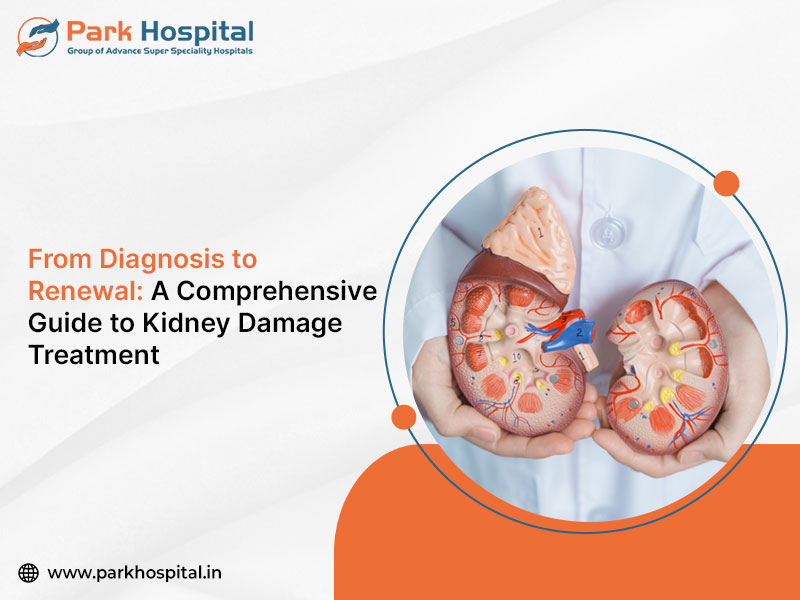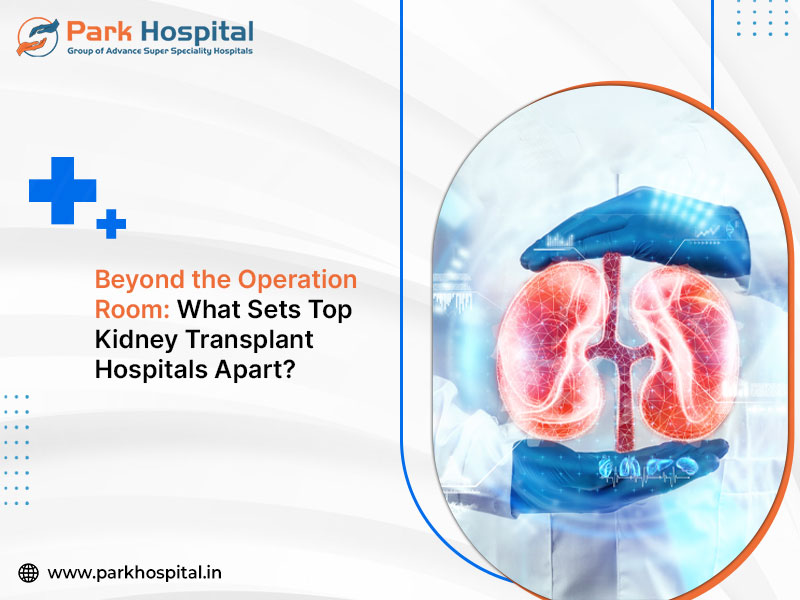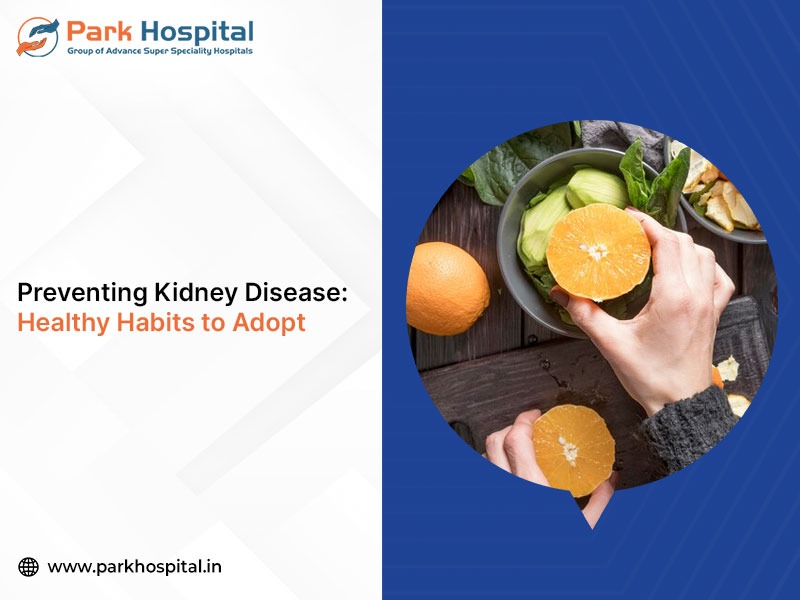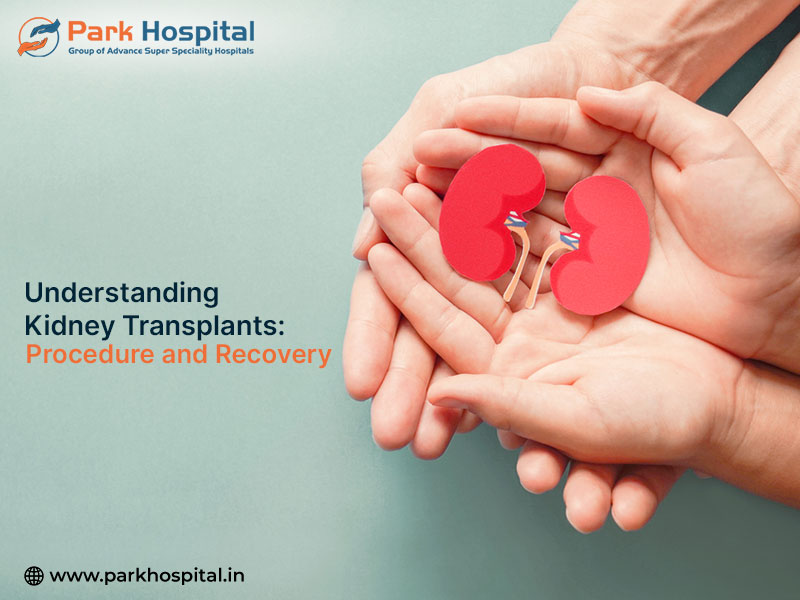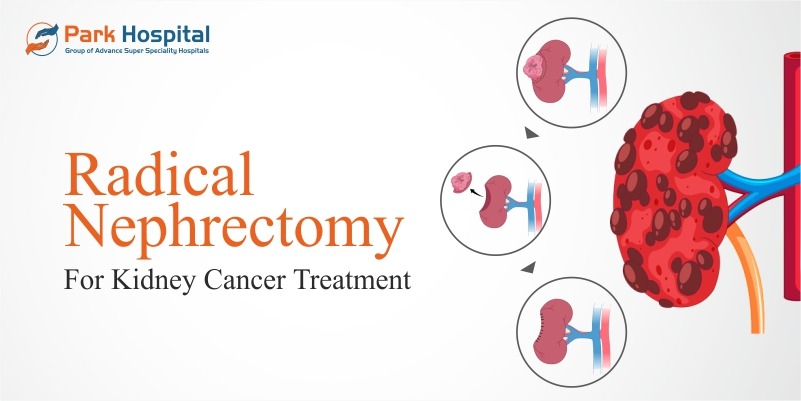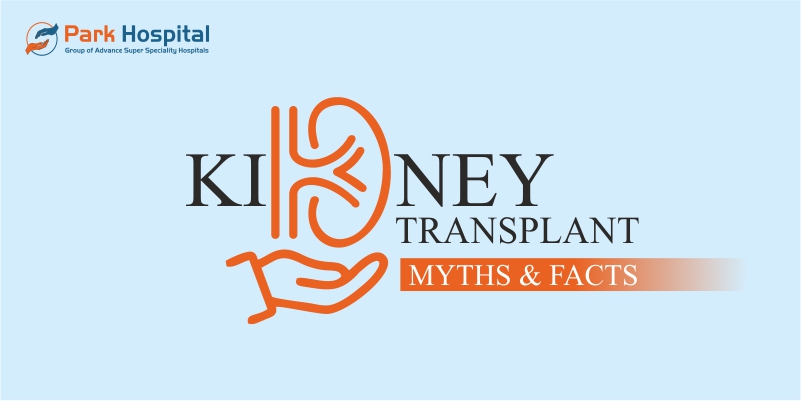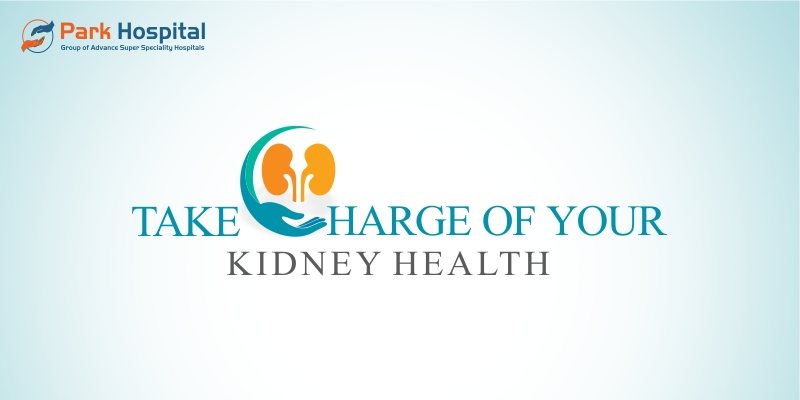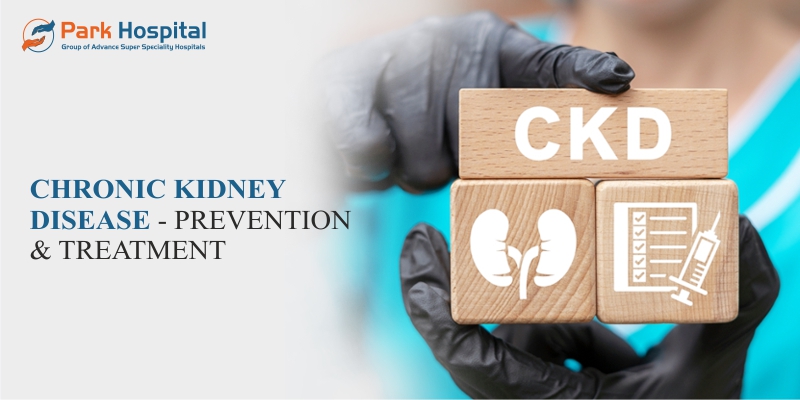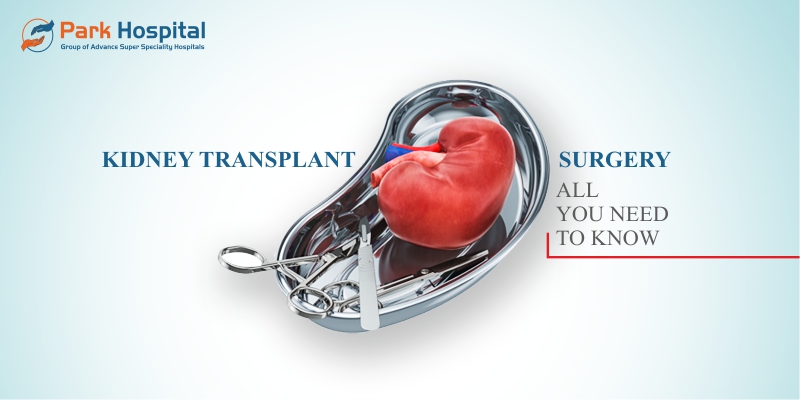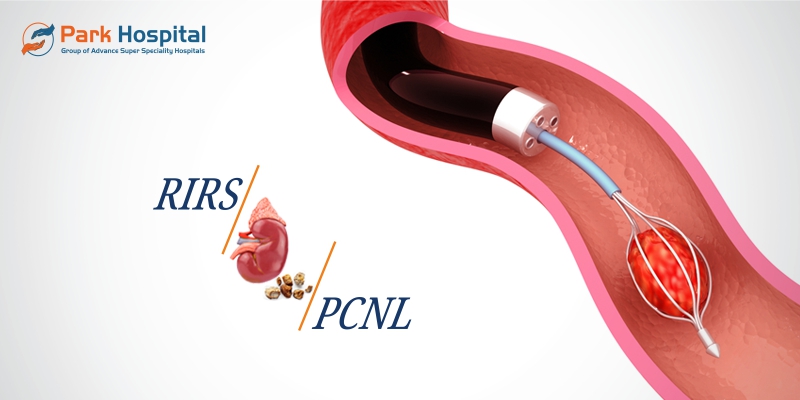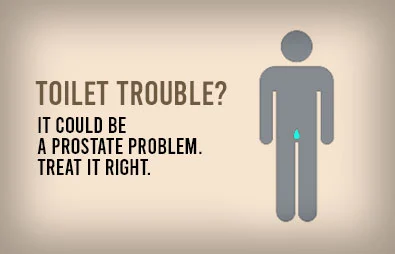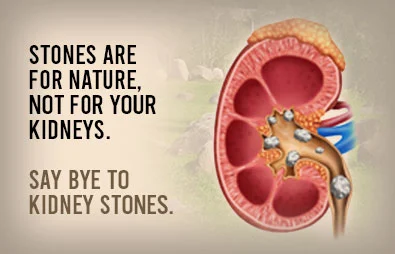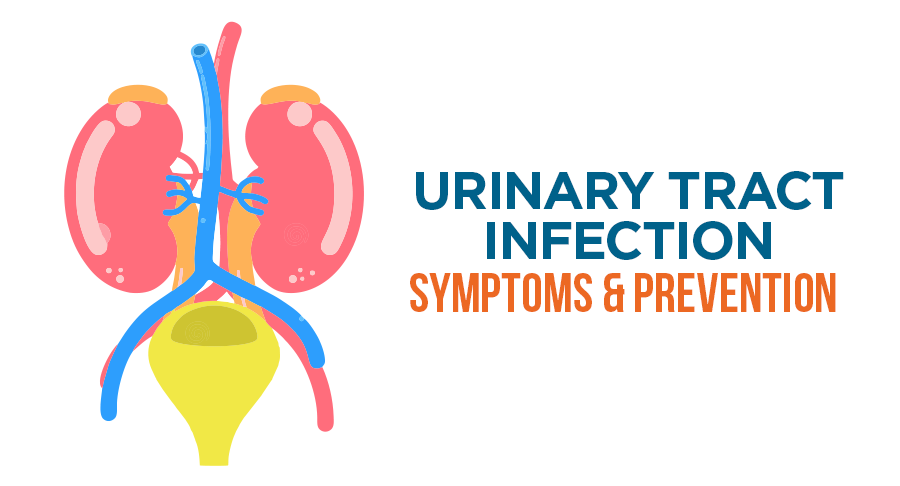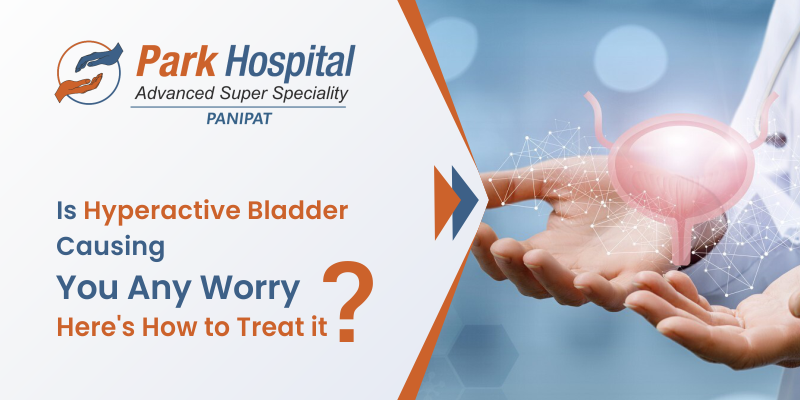The kidneys filter blood to remove waste and excess fluids. They also regulate electrolytes and maintain overall fluid balance in the body. Unfortunately, many people usually ignore their kidney health until it becomes dire, forcing their attention on it. This usually happens when they have to start visiting any kidney transplant hospital.
Let us understand the general causes and risk factors of kidney disease. You can visit Park Hospital to learn more about your kidney health and find personalised ways to work on it.
Causes of Kidney Disease
Diabetes: One of the leading causes of chronic kidney disease (CKD) is diabetes. The blood vessels in the kidney get affected by the high glucose levels, which in turn affects the working proficiency of the kidneys. This common cause can even lead to End-Stage Renal Disease in the long term if not diagnosed at the correct time.
Glomerulonephritis: This is a medical term to explain a group of conditions which causes inflammation of the tiny filters in the kidneys called glomeruli. Some infections, autoimmune diseases, and certain medications can result in glomerulonephritis, which reduces the ability of kidneys to function, and can even lead the patient to undergo kidney damage treatment.
Hypertension: High blood pressure also causes damage to the blood vessels in the kidneys, reducing their ability to function effectively. Persistent hypertension can lead to kidney damage and is often a cause of secondary hypertension, which further complicates kidney health.
Kidney Stones: Kidney stones are hard deposits of minerals and salts in the kidneys. While they may not always cause harm, large stones or those that obstruct urine flow can lead to infections and damage to the kidneys, potentially causing chronic kidney issues if not treated promptly.
Urinary Tract Infections (UTIs): If someone faces recurrent or severe UTIs, they may be affected by kidney infections, known as pyelonephritis. If such infections are persistent, they damage the kidneys to the extent of having a kidney disease.
Polycystic Kidney Disease (PKD) is a genetic disorder characterised by the growth of fluid-filled cysts in the kidneys. These cysts can expand over time, leading to kidney damage and, eventually, kidney failure treatment. PKD can be inherited in different patterns, including autosomal dominant and recessive forms.
The Risk Factors
Family History: Genetics play a significant role in kidney disease, and a family history of kidney problems can increase your risks. Genetic predispositions can make some people more susceptible to conditions like PKD and diabetic nephropathy.
Age: It is a proven fact that kidney health and its ability to function properly decline with age. This is why older adults are at a higher risk of having to undergo kidney damage treatment at a trustable Hospital like Park Hospital.
Obesity: A person having excess body weight has an excellent chance of developing diabetes and hypertension, both of which are significant factors in creating kidney disease. Obesity can also contribute to metabolic syndrome, which further worsens kidney-related issues.
Chronic Infections: If you or anyone in your circle is facing chronic infections, especially those affecting the urinary tract, there is a high chance that they can negatively affect your kidney health. Regular infections or untreated conditions can lead to scarring and diminished kidney function.
High Sodium Intake: A high sodium intake increases the chances of having high blood pressure, which again affects the kidneys. Make sure to keep a check on the amount of sodium you consume. After consulting with a professional at a kidney transplant hospital, they stated that it is beyond the safe limit, so you should cut it out.
Prevention and Management
Understanding kidney disease's causes and risk factors is crucial for prevention and early intervention. Conditions like diabetes, hypertension, and genetic factors, along with lifestyle choices such as poor diet and lack of exercise, significantly contribute to the development of kidney disease. Regular screenings, a healthy lifestyle, and proper management of existing health conditions can help mitigate these risks.
At Park Hospital, we are committed to providing comprehensive care and support for patients with kidney disease. Our team of specialised nephrologists and advanced diagnostic facilities ensures you receive the highest standard of care tailored to your needs. Early diagnosis and effective management can significantly improve outcomes, and we are here to help you take proactive steps toward better kidney health.
Visit Park Hospital for expert advice, regular screenings, and personalised care plans to manage and prevent kidney disease. Together, we can build a healthier future.

